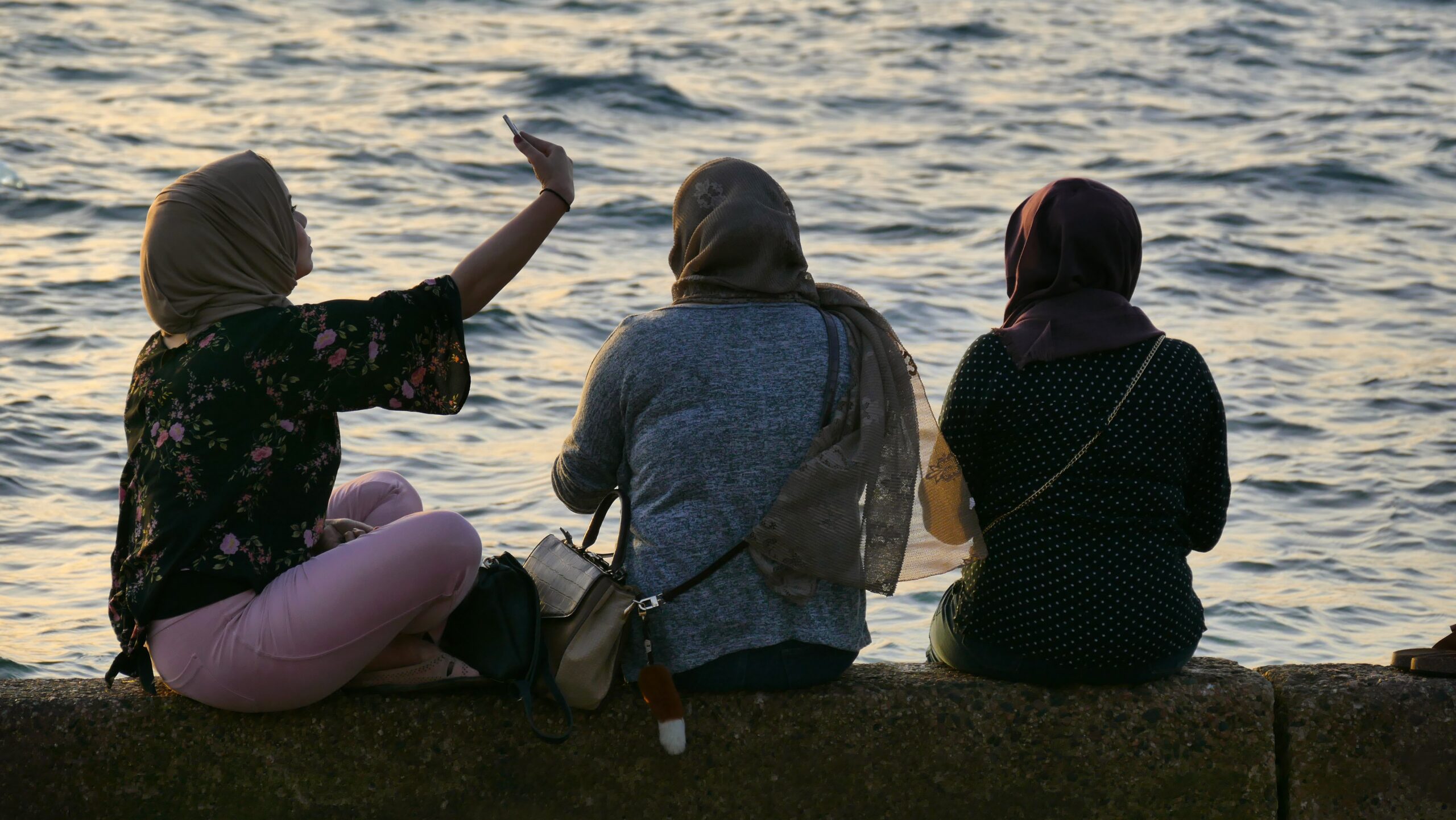Not all mental health advice is equal. If Muslim content creators knew how much potential damage they might be doing in the name of Allah when they offer mental health advice based on the ‘virtues of suffering’, I am sure they would think again. Messages that promote the idea that our suffering is a sign of God’s love for us can be harmful. It’s not that I don’t believe there isn’t a grain of truth in these messages – there is. But unfortunately, well-meaning advice can be dangerous.
Worryingly often, these influencer’s mental health messages lack the necessary nuance or context needed to empower and liberate a soul from suffering. Instead, they offer a potentially toxic and highly shaming pretext to keep a soul trapped in its cycle of misery. After all, how do you please an almighty God who seemingly wants you to feel bad, except by feeling bad? What is your incentive to speak up and ask for help if it makes you an ungrateful, impatient, ‘bad Muslim’?
If your vision of Allah isn’t entirely merciful, then humbly, I beg you not to preach. Especially not on mental health.
If you read the Qur’an and find a God who revels in your pain and delights in your suffering, then perhaps it is your own trauma betraying you in this matter. It begs serious questions: what is keeping you from accepting love? What benefit do you get from staying disconnected? Why are you so passive and submissive? And why do we feel so alarmingly free to make negative assumptions about the God-consciousness of a person who is mentally struggling?
But God is not an oppressor or a tyrant. God is Al-Wadud – Most Loving. An-Nur – The Light.
If you are in intense mental anguish, anyone who tells you that your emotional pain is essentially the very purpose of your life, is being unmerciful. And I would go so far as to say they are even being cruel. You don’t need to be a scholar or a saint to know instinctively that cruelty is ugliness, and that Allah is beautiful and loves beauty.
My Muslim friends, in case you need to hear this today: you don’t suffer your way into peace and serenity. Believe me, I tried. You love your way into it. You heal into it. You expand into it. The logic of Allah’s creation revolves around mercy, if only you are open to seeing it. It’s a simple equation: suffering plus mercy, mercy, mercy and more mercy, equals peace.
At its most basic level, I think about it this way: did Allah ask us to greet each other by wishing each other salam – peace – or by wishing each other pain? So in truth, which does Allah love more for us?
If you do your research, you’ll know how disproportionately high rates of mental illness are in the Muslim community in the UK, and beyond. Let’s not ignore the sad fact that suicide rates in our community are devastatingly high too. Think about how often we tell people Islam means ‘peace’. And now think about all the times you’ve been told, in some way or another, that faith means suffering – the very opposite. Something, somewhere, isn’t quite adding up.
Yes, of course suffering serves a huge purpose – it is an undeniable fact of earthly life. Yes, it is often a companion to the gift of enlightenment – we learn and grow from it. Of course, we are not left to say we believe and not be tested. Absolutely, there is almost no great spiritual leader or prophet who ever lived that did not endure a great deal of suffering. So isn’t the answer staring us all in the face?
Suffering (mental, emotional, spiritual or physical), is like a ringing bell, alerting us to the fact that there are certain things out of alignment with God’s mercy which need to be brought back – mind, body, soul, situation – from darkness into light. Suffering is a call to action, a rallying cry to step up, band together, figure things out, chat, discuss, share, strive and do everything in our power to end a bad situation, so that peace and goodness may flourish.
Dear Muslim spiritual/mental health preachers: if you are unable to see that there are many complexities and layers to our different experiences of mental illness and emotional suffering… and that there are many subtle nuances in Allah’s various messages about the role of suffering… and if you are not speaking from a trauma-informed, healed/healing, empowered place of self-love and empathy… with a strong grounding in Islamic ethics, etiquette and humility… and even then, if you haven’t thought deeply to find exactly the right words for the specific context of your audience… then, before you tell someone how much God loves their patient suffering, please, in loving humility, think again. Your good intentions could be killing someone’s hope. And snuffing out their love of Allah.
Just in case you need another reminder today: your purpose is not pain. Your purpose is to grow into the absolute best version of yourself, and shine, reflecting the majestic beauty of Allah’s Light like a polished mirror.
I’m convinced that, although your journey to finding your inner-peace might be rocky, and you may struggle with your mental health along the way, inshallah, you will get there. Because Allah loves for you goodness and ease, not because Allah desires for you pain.
May Allah forgive us, and accept from us our best intentions, ameen.

